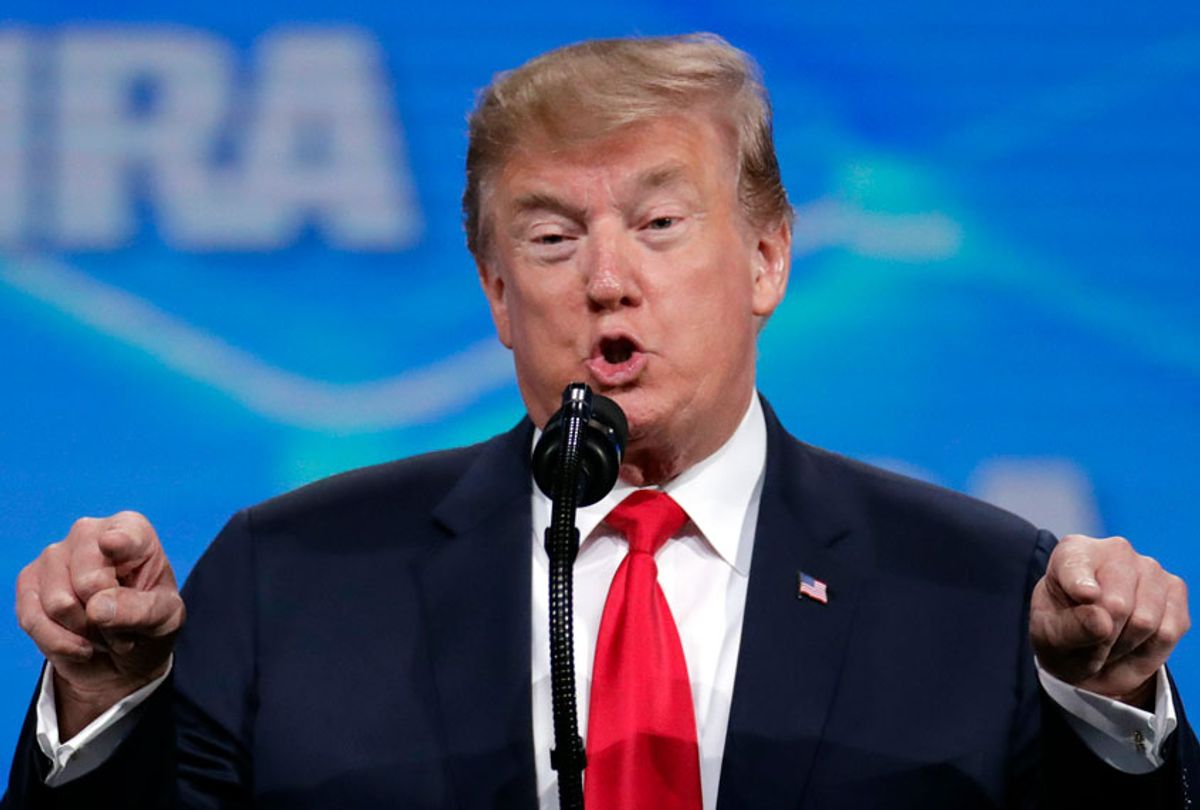When former special counsel Robert Mueller spoke publicly on May 29, he made it abundantly clear that Russian government officials made a concerted effort to influence the 2016 presidential election. President Donald Trump and many of his supporters, however, have maintained that Russian propaganda and disinformation efforts had no impact on the election. But a new analysis by University of Tennessee researchers in Knoxville finds that Russian activities did influence public opinion in the U.S. in 2016.
The study addresses social media and the activities of the Internet Research Agency, a Russian company and troll farm based in St. Petersburg, Russia. And according to the study, every 25,000 re-tweets by accounts connected to that company predicted a 1% increase in favor of Trump in opinion polls.
Damian Ruck, lead researcher for the study, wrote, “Our results show that the weeks when Russian trolls were accumulating likes and retweets on Twitter, that activity reliably foreshadowed gains for Trump in the opinion polls.”
Ruck found that “exposure to Russian propaganda may have helped change American minds in favor of Republican candidate Trump.” According to Ruck, “It turns out that the activity of Russian Twitter trolls was a better predictor of Donald Trump’s polling numbers than his own Twitter activity.”
Nonetheless, Ruck asserted that it’s unclear whether or not Russian activity ultimately affected the outcome of the 2016 election. Asked about that possibility, Ruck told NBC News, “The answer is that we still don’t know, but we can’t rule it out.”
The Internet Research Agency, run by a Russian oligarch, has close ties to the Russian government and President Vladimir Putin.




Shares